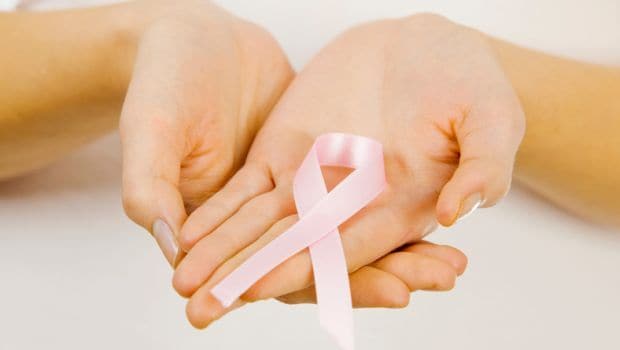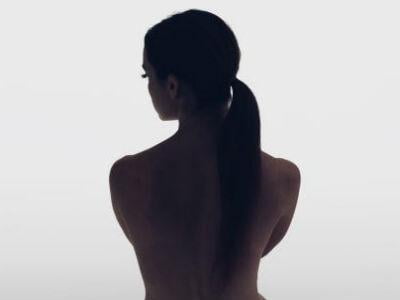 Hollywood actor Angelina Jolie’s public disclosure in 2013 regarding her surgery for breast cancer led to a spike in genetic tests for a gene known to increase the deadly disease, a study has found.
Hollywood actor Angelina Jolie’s public disclosure in 2013 regarding her surgery for breast cancer led to a spike in genetic tests for a gene known to increase the deadly disease, a study has found.
Jolie lost her mother to ovarian and breast cancer and grandmother and aunt to breast cancer. In an op-ed piece in The New York Times — a major US daily — Jolie announced that she had undergone surgery in order to reduce her chances of getting the disease.
“My doctors estimated that I had an 87 per cent risk of breast cancer and a 50 per cent risk of ovarian cancer…I made a decision to have a preventive double mastectomy,” wrote Jolie, in the article on May 14, 2013.
According to the study, led by researchers from Harvard Medical School in Boston, US, the rates of genetic testing for breast cancer increased by 64 per cent in the two weeks following Jolie’s testimonial.
However, the rates of mastectomy did not increase among women who underwent BRCA gene testing. This suggests those who received the genetic test had a low risk of carrying the mutation in the first place, the researchers said.
The results illustrate that celebrity endorsements can fuel the use of health care services but may not effectively target the populations in greatest need of such services.
“Our findings underscore celebrity endorsements as a powerful influence on health-related behaviours, but they also show that such endorsements do not necessarily target those most at risk for developing a disease,” said lead investigator Sunita Desai from Harvard Medical School in Boston, US.
When people request a test or an intervention based on a celebrity endorsement, it is critical that physicians provide careful assessment of a patient’s medical and family history with clear explanations about the pros and cons of choosing to have the test versus foregoing testing in the context of the individual’s specific circumstances, the researchers suggested, in the study published in The BMJ in December, 2016.










